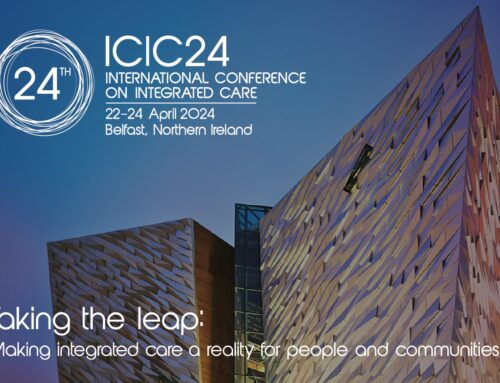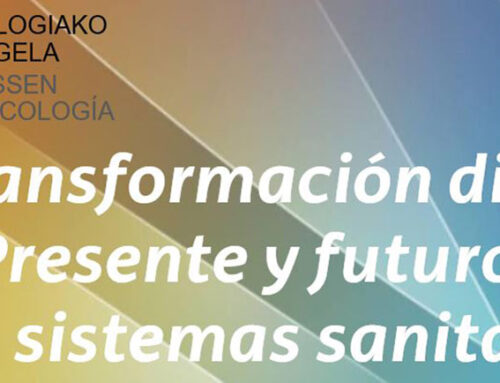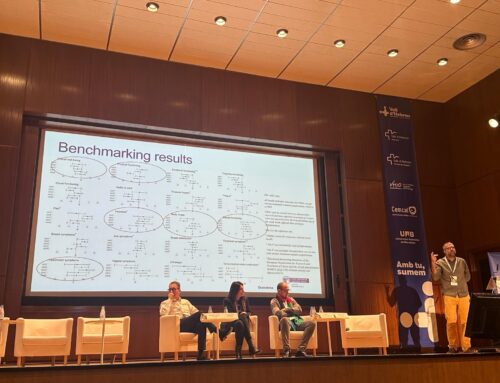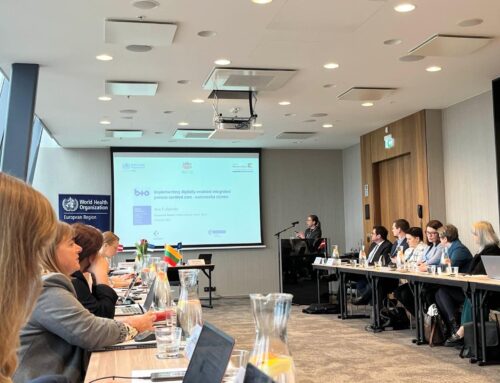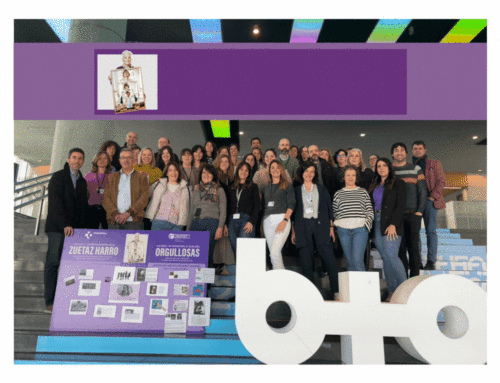The individuals included in the European list and their projects will be presented at the EmTechs Europe festival (May 19-21, Gaoth Dobhair, Ireland), culminating in a gala banquet to celebrate their work.
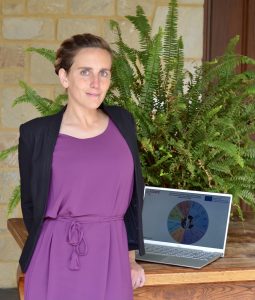 The MIT Technology Review’s “35 Innovators Under 35” list (https://emtecheurope.com/innovators-2022/) is an annual recognition of those who are advancing technology from the status quo to its future. Each year more than 500 people are nominated, and from this group the editors choose the 100 most promising individuals to move on to the semifinalist round. Their work is evaluated by a panel of judges, experts in areas such as artificial intelligence, biotechnology, software, energy and materials. With the information obtained from these rankings and evaluations, the editors choose the final list of the 35 most innovative people under 35 in Europe.
The MIT Technology Review’s “35 Innovators Under 35” list (https://emtecheurope.com/innovators-2022/) is an annual recognition of those who are advancing technology from the status quo to its future. Each year more than 500 people are nominated, and from this group the editors choose the 100 most promising individuals to move on to the semifinalist round. Their work is evaluated by a panel of judges, experts in areas such as artificial intelligence, biotechnology, software, energy and materials. With the information obtained from these rankings and evaluations, the editors choose the final list of the 35 most innovative people under 35 in Europe.
The global list was created in 1999 in honor of MIT Technology Review’s centennial, and in 2010, the search for the most promising innovators was expanded by organizing regional editions of the list. There are regional versions in Latin America, Europe, China, India, Asia-Pacific and MENA. Winners of the regional lists are automatically considered for the global list.
This list looks for people whose technical and innovative work promises to shape the coming decades and recognizes the development of new technologies or the creative application of existing ones to solve the world’s biggest problems. It rewards ingenious and elegant work that is important to the world at large, not just to colleagues in a particular field or industry.
Ana Ortega-Gil, a Kronikgune researcher, has been chosen and included in the list of 35 innovative people under 35 in Europe. In her candidacy, she wanted to show the design work of digital decision aids that embody the paradigm shift from the resolution of discrete and reactive care problems to proactive decisions modulated by the overall health outcome to which they respond: quality of life, quality of death, and quality of care. The work carried out in the European ADLIFE project has constructed a health outcomes framework for people over 55 years of age with chronic diseases (heart failure and COPD), which has led to the definition of general rules for classifying any recommendation provided by a clinical decision support module according to the health outcome to which it contributes. This classification has highlighted the need for health outcome-based system designs and for extending and expanding the standards for health data exchange.
In this work, Ana has addressed this need for decision support modules in ADLIFE through three strategies: associating evidence-based clinical guidelines with health outcomes; designing predictive models (malnutrition, avoidable admissions, depression, dependency, and hypotension); and designing aids to engage patients and professionals in shared decision making and advance care planning.

